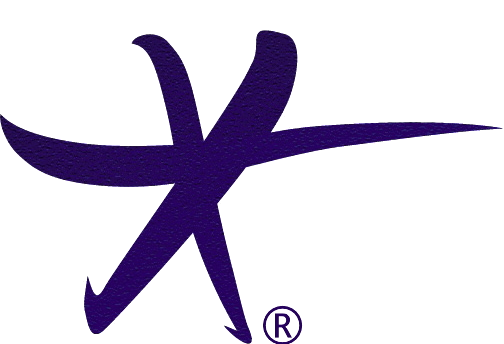Overall though, we do very well for MCSers, even without washing and airing out, so we have decided that, if the tent doesn't work out, customers may send back new-condition tents for a refund of the tent's cost (but, as is usual for returned products, not shipping because that cost has been consumed by the shipping company). Note that "new condition" means the tent can be washed and aired out but it can't be dirty or damaged.
Our materials
Woven fabrics are 20 and 30 denier,100% polyester made from Korean yarnsNetting is knitted 20 denier, 100% polyester made from Chinese yarns
Waterproof coatings are a very thin layer of cured polyether based polyurethane (PEU) which does not degrade (hydrolyze) with exposure to water. If you've ever had a tent with coatings that became sticky and stinky with age, those are a different polyurethane (and, sadly, they are still common).
Water repellency treatment is 100% silicone on all fabrics. As a surface treatment, silicone seems really safe – I've heard of zero issues (or even concerns).
Windows are blown Thermoplastic PolyUrethane (TPU) film, 100% polyether based polyurethane. They don't off-gas or smell.
Test out the MoonLight tent fabrics
There's nothing like actually checking. Rather than sending tents all over and back (which can get excruciatingly expensive), we've made packs of fabric swatches taken from the latest MoonLight tent production. Each fabric piece is from 1/2 page to 2-pages in size and each swatch is in its own ziplock bag. The four fabrics included are from the Rainfly (by far the largest amount in a tent), Floor, Inner Wall, and Mosquito netting. It also makes a terrific repair selection (though, frankly, we would never actually recommend a sewn repair if adhesive repair tape is an option). It's a buck plus shipping ($4 total).A Note On Long Term Living In A Tent
Having to flee your own home because of contamination is something MCS sufferers have happen with some regularity. That's why many have a tent ready to go so they can sleep outside. However, tents are not made for extended outdoor use because they can't take a huge amount of UV damage. Not to put too fine a point on it: you've got to protect your tent from the sun if you want it to last. Ultraviolet light will destroy any tent fabric; sometimes in a shockingly short time (depending on how easily shocked you are, I suppose). Our MoonLight tents are designed first and foremost as backpacking tents. They will likely provide years of service when used with the usual backpacking cycle of carrying the tent during the day and setting it up at night. Even when set up for days in desert sun, with several trips per year, they perform extremely well for years. But, if you need to leave them setup for weeks at a time, please keep the sun off them as much as you can. Pitch a tarp over them if you have to.I should also mention that, being polyester, the MoonLights have much better UV life than pretty much any nylon tents you're likely to find. But the weight of the MoonLight rainfly fabric is only 30 denier (30D) which is pretty darned lightweight and compressible. If you really need high UV performance (the fastest destruction of a MoonLight rainfly we've ever seen is 3 months in Santa Fe Sun) then you might consider heavier polyester fabrics like those mentioned on this page. But be warned, heavier fabrics like 68D and 75D polyester are almost guaranteed to be Chinese fabrics with a bit of a wild-West aspect to them as far as chemicals in the material and coating chemistry. So finding a fabric supplier that will agree to make the fabric without contaminants and with good polyurethane chemistry becomes a big hurdle. An even bigger hurdle is then to police the materials that are eventually delivered. And that's all assuming that the company using the fabric asks for it without fire retardant chemicals in the first place. We're working on having even better UV performance on our tents but this is the current state.
What is MCS?
Multiple Chemical Sensitivity, MCS, is a strong, debilitating, reaction to even very low levels of some chemicals. Each MCS person is different so there's no telling exactly what the trigger will be.Some more information is here:
Wikipedia
WebMD
MultipleChemicalSensitivity.org
The Chemical Sensitivity Foundation
A Recommended link from a few MCSers:
MCS Community facebook pageCustomer Leslie says she's found much relief with this:
https://retrainingthebrain.com/
Her comments: While it's possible (and economical) to do this program from home, I highly recommend attending a seminar. (I owned the DVDs for a couple of years and did not manage to get myself to use them consistently enough to make progress; it's a very challenging program, so the support of a 5-day immersion is very helpful for getting started. In fact, though it costs nearly 10 times what the DVDs do, it's the best money I ever spent on...well, anything!)
